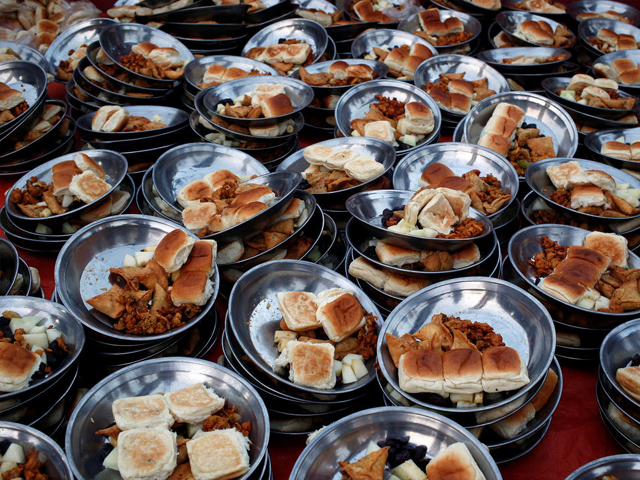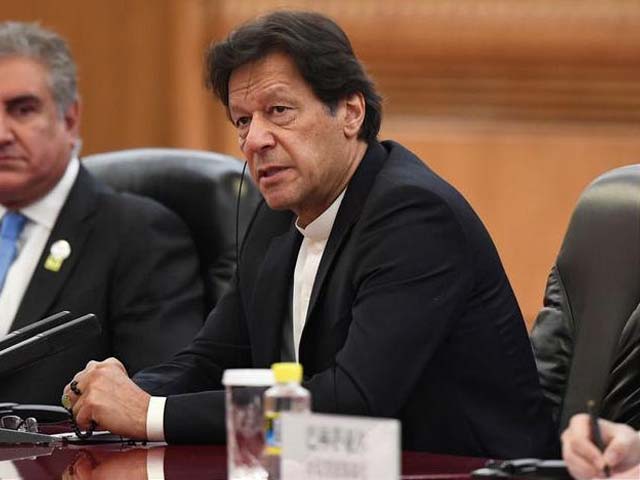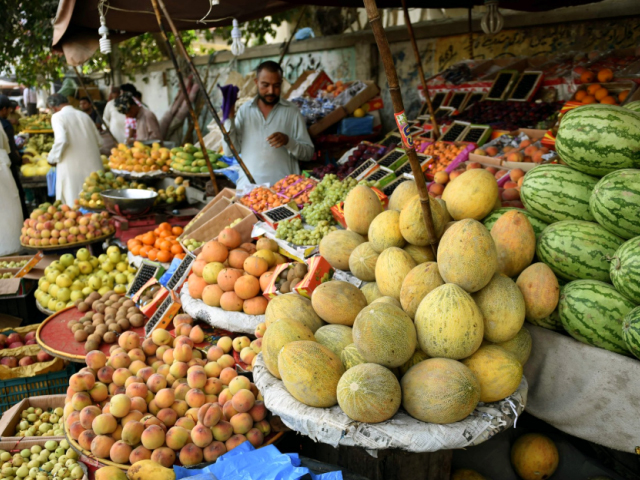
Filthy kitchens, unhygienic conditions and substandard ingredients being used by renowned establishments, most of them located in posh localities. PHOTO: REUTERS
One would expect dhabas to have substandard food, not high-end restaurants charging premium prices
This incident should be treated as a test case. The matter has gone too far to demand mere fines as punishment.
In the aftermath of the tragedy in which two kids died after dining out and their mother remains hospitalised, what more can be said except that now eating out in Karachi is killing our children. The plague of substandard food has been upon us for quite some time now, from donkey meat and rat meat to dog meat being sold in markets and cooked by restaurants.
Even the sale and use of cooking oil made from the arteries of dead animals hardly comes across as a revelation now, especially since a popular crime show did multiple episodes focusing on this deplorable practice and also did follow-up shows to stop it, but to no avail.
I wrote a blog on the same issue two years ago, in hopes of shedding light on the gross food-making practices widespread across the city – filthy kitchens, unhygienic conditions and substandard ingredients being used by renowned establishments, including international food chains, most of them located in posh localities. I also stressed upon the need for a robust system that prevents such eateries from going back to their previous practices once caught or reprimanded, while questioning whether it would take a food disaster claiming multiple lives for the officials to begin a systematic campaign of regulation in this city. Unfortunately, the worst case scenario has taken place and tragedy has befallen us.
It would be also pertinent to reiterate that governments in Pakistan only become serious about addressing issues once it’s too late for some people. Of course, why would they pay attention to a blog, when the powers at be have remained aloof towards the frenzied media raiding and exposing such restaurants for years.
If one were to write about the unhygienic food practices reported in Karachi even over the past two years, it would take up more than a thousand words, and that would not be including the hundreds of instances documented by social media users. What is even more concerning is that we are no longer talking about small vendors or the food being sold by dhabas. We are now looking at two children who died after reportedly eating out at one of the most high-end restaurants in one of the city’s most expensive areas, one where premium prices are charged for their “best quality food”.
According to reports, the famous restaurant had been issued a notice to improve its food handling practices two months prior to this incident. What has manifested in the form of the death of the two siblings is the ultimate deterioration of an illness whose symptoms we have been witnessing for quite some time now.
It makes sense if one gets food poisoning, or worse, after eating at a local dhaba or at a small-scale restaurant, as one hardly expects such an establishment to run in a manner that passes all the tests and offers the best standard of food while also remaining cheap, and that too in a city like Karachi. However, if the big brands savoured by the elites and by those willing to spend their monthly savings on a single meal end up doing the same thing and stop focusing on sanitation, hygiene and food quality, then they are defrauding customers willing to pay more in hopes of excellent quality. Thus, if they are found to be the ones at fault, then restaurants like the one responsible in this case aren’t just guilty of food malpractice; they have the blood of two innocents on their name.
So what is the way forward for the food industry in Karachi? Should it be expected to correct its way on its own? I don’t think so!
Both Khyber Pakhtunkhwa (K-P) and Punjab have their own food regulatory bodies, and they seem to be working just fine. The Sindh Food Authority (SFA) is relatively new, but that is no excuse for its inept officials failing to govern hygienic food practices. Yes, Punjab has an independent, empowered leader like Ayesha Mumtaz who built its food authority into a force to reckon with, and who is a bipartisan enforcer of the strictest food regulations with raids, fines and sealing of repeat offenders. But lacking a Mumtaz does not mean we stop trying to do the bare essentials of the job.
The SFA sprang into action after the children had passed away, but we need action before our children die from eating unsafe food. There is a dire need for an example to be made out of violators; perhaps by cancelling their licenses or banning them completely. Pakistan Tehreek-e-Insaf’s (PTI) Sindh leadership has been active when it comes to Karachi’s issues, given the case of Amal Umer and the recent unprecedented demolishing of encroachments, and it should take a strong initiative this time too. The powerless Mayor Waseem Akhtar, who has been at the forefront of the anti-encroachment campaign, can greatly aid in making the SFA effective and providing it with the essential systems to combat unhygienic food practices.
It’s time for the Sindh government to act, and for the president and Parliament to step in the way they did in Amal’s case, leading to some reforms. This incident should serve as a wake-up call to the authorities, while the restaurant, if guilty, must be treated as a test case. The matter has gone too far to demand mere fines as punishment. Nothing can be said with certainty since investigations are still underway, but heads need to roll and an example needs to be made out of if the restaurant's complicity is proven. No one except the owner should be arrested and charged, but the restaurant should be banned from ever operating again.
Unless radical measures are taken to ensure food safety, the restaurants here will continue to act with impunity, with no fear of consequences as they put lives in danger. The focus must be on the big players, since people are more vulnerable to their substandard food as they promise value and quality for money. We must take some take action now, for no other child in the country should lose their life to substandard food.




COMMENTS (9)
Comments are moderated and generally will be posted if they are on-topic and not abusive.
For more information, please see our Comments FAQ